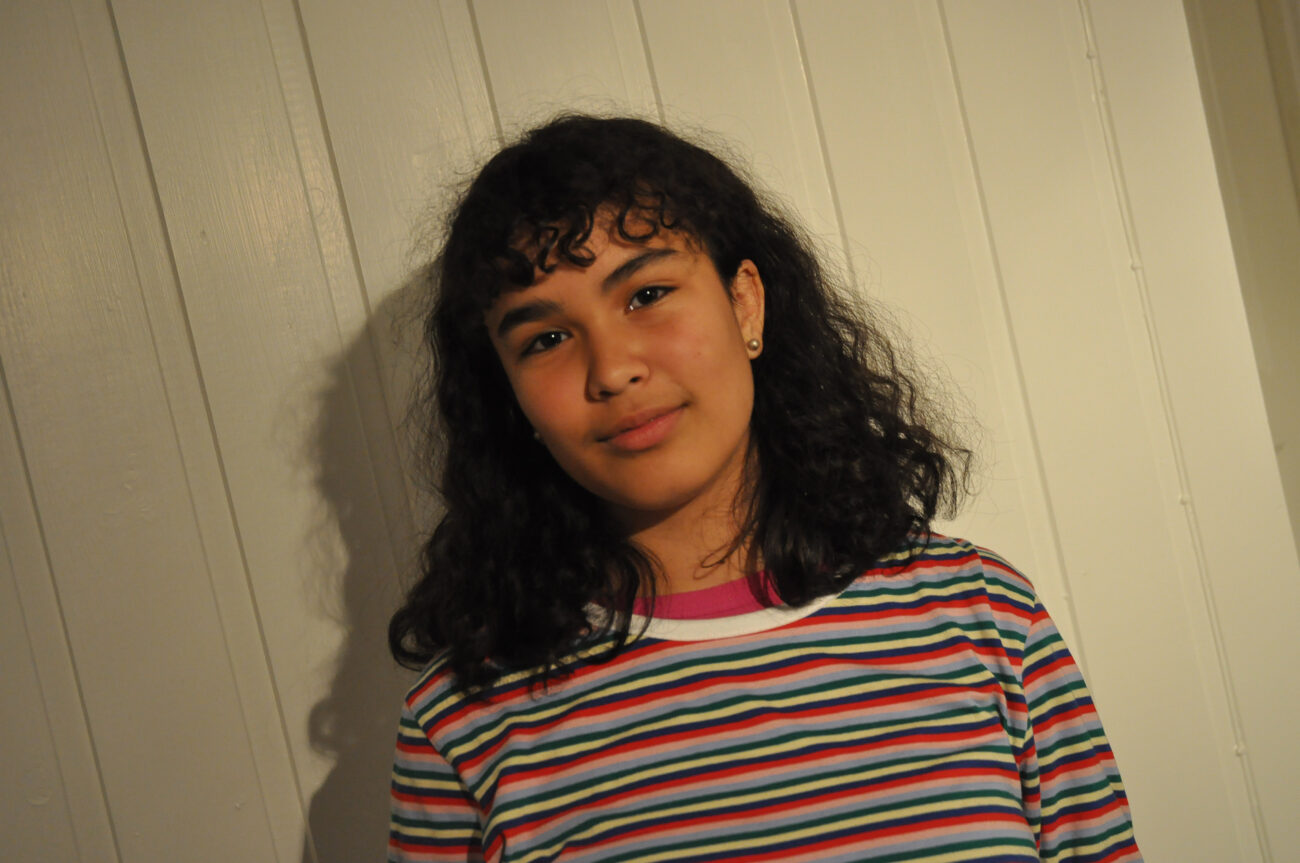
Filed by Eva Fretheim. Listen to the research, says Tina Razafimandimby Våje (17). Even though we are a small country, we have power. We have the power to change our own emissions and manage 500 million tonnes of CO2 from the oil and gas we export. As a country, which has become rich by the fossil industry, we must take the lead in what must be the end of the fossil industry. We must go ahead and take responsibility. “
One must not criticize oil-Norway. I have a poster in my room that says: “The “oiliphant” in the room”. It’s not something you talk about. One thing is to talk about electric cars and wind turbines, but the oil and gas industry is talked about very little in the media.
Who is most at risk?
Generally indigenous peoples of the world. They are dependent on nature, have a
bond to nature that others may not have. Sami in Norway. People living in
vulnerable areas.
Climate change will affect everyone. But those who have least of all will be hit hardest. African countries, indigenous peoples, minorities, people without much security. I am concerned about climate justice. Those who have done most to create the problem must also make the solutions.
How can we adapt?
Build infrastructure that can withstand extreme weather. Have finances based on
something else than the fossil industry. Spend time and money adjusting, rather
than repairing afterwards, because it will become more expensive.
What are the main obstacles to climate change in
our country?
Oil dependency. Norway has the potential to adapt and overcome the
consequences of climate change. We have a good economy and the Petroleum Fund.
Our biggest problem is that oil is our biggest source of income. We are
focusing on an industry that is going to be abolished.
The Western countries need to cut emissions in order to make room for developing countries to grow, and developing countries should go straight to something other than the fossil industry. I honestly don’t think we will be able to do that in time. I think it’s more about preventing the worst possible effects of climate change than preventing it altogether – we’re in too deep for that as of now.
But I also hope we are able to preserve the natural resources that are available. Because in addition to the climate crisis, the environment and ecological crisis is a big thing, and it is connected. If you take care of the rainforest, for example, you also take care of the climate. I think we’re going to reach a point where people realize that this has come too far and that we have to put in all the means.